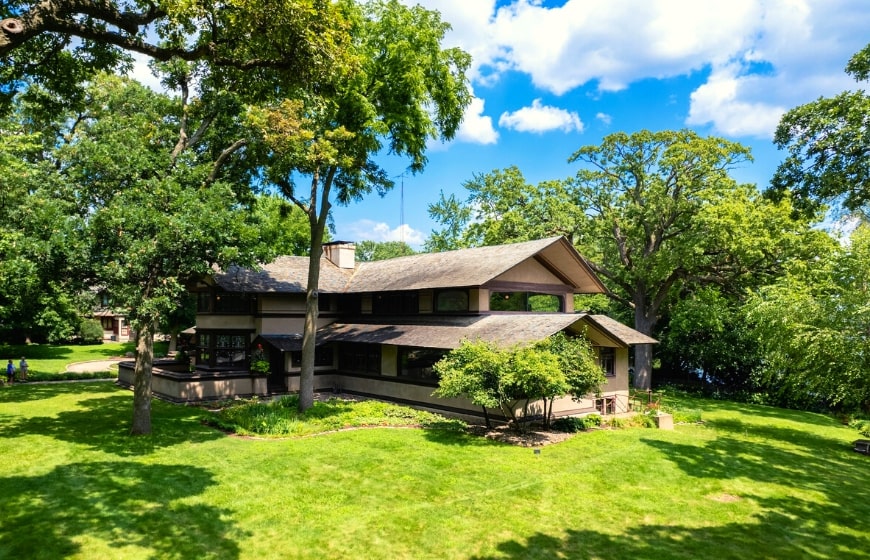8 Steps To Make Your Modern Home Eco-Friendly
Our homes offer some of the best opportunities to reduce our carbon footprints and make our lives more sustainable. You can also make your modern home eco-friendly in several ways.
With sustainable living becoming an important priority among homebuyers, green upgrades can also be an excellent investment. These upgrades can help a homeowner save on utilities while they live in the home, and they can also be an attractive feature if you ever need to sell. This post will cover some of the steps you can take to make your home more eco-friendly.
Tips To Make Your Modern Home Eco-Friendly
Install Energy-Efficient Lighting
About 15% of the average home’s energy use goes to lighting. By installing lights that use LEDs instead of incandescent bulbs, you can cut your electricity consumption considerably. Not only that, but LEDs last up to 25 times longer, so you can also reduce waste by switching to efficient lighting.
Conserve Water
Saving water is another part of building an eco-friendly home. One simple fix to become more water-efficient is to install aerators in your sinks. It would be best to consider using a low-flow shower head and a more efficient toilet. Also, hot water takes a while to get to the facet because of the distance of the hot water heater to the facet. Consider installing a hot water recirculating pump at the furthest facet from the hot water heater, and you’ll save water.
Cut The VOCs
Volatile organic compounds (VOCs) are bad for people and the environment. You can have a healthier, more eco-friendly home by cutting VOCs from the building materials and cleaning products you use. One obvious target is to look for low to no VOC paints.
Upgrade Your Thermostat
You can save money and reduce energy consumption by installing a programmable thermostat. If you want to go one better, you could consider switching to a smart thermostat. Smart thermostats can work with other smart devices to optimize the use of home climate control systems.
Consider Solar Energy
You can do a lot to make your home more eco-friendly with solar energy. Solar panels can be good for reducing your dependence on power from the grid. You also have options for using solar energy to heat water for use in the home.
Energy-Efficient Appliances
Newer appliances are much more efficient than they were just a few years ago. Check the energy ratings of new appliances to find the most efficient ones. Whether you are building a home or replacing old appliances, this can be a way to save a lot of energy.
Sustainable Landscaping
Home landscaping is often very unsustainable. Consider alternative ground cover instead of grass. Try to use native plants that will not be so thirsty for water. Build a compost pit instead of using chemical fertilizers. Manage rainwater and erosion by building a rain garden in low-lying areas of the property.
Eco-Friendly Windows
Heat gain and heat loss at the windows can account for many home heating and cooling costs. With the right windows, you can do a lot to make the home more efficient. With that said, different homes will benefit from different types of windows. You may need to consult with an expert to find the right ones for your home.



